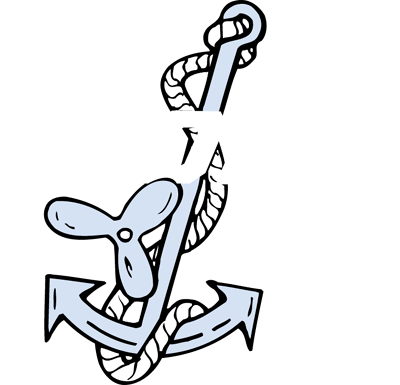Close But No Cigar: An Unusual, And Almost Successful, “Battle Of The Experts” In An ALJ Case
USCG v. SOLOMON
Appeal Decision 2708 (2015)
Equally as rare as a Daubert challenge in an ALJ case is a battle of the experts. This case was a random drug test failure, and the defenses in most such drug cases tend to relate to technical or procedural rule infractions, such as failure to prove “randomness” as discussed in the case above. Here, instead, an unusual chemical defense was mounted: The lab report came back reporting a creatinine concentration of 1.4 mg/dl. 49 CFR sec. 40.93 (b) sets a minimum creatinine cut-off level at 2 mg/dl; anything below that is considered inconsistent with human urine, and therefore, absent some medical explanation for the anomaly, which the mariner here did not offer, is then treated by the Coast Guard as a substitution of the specimen, and chargeable as misconduct. The sample was collected on a hot day, and stored in a hot environment for 8 days. The MRO, the Coast Guard’s only medical witness, claimed in his testimony that creatinine in a urine specimen would not degrade at any temperature below 300 degrees Celsius. That was apparently effectively rebutted by the mariners’ two medical witnesses, Dr. Syfert and Dr. Logan. Their testimony persuaded the ALJ that the MRO was wrong and that the 300 degree Celsius melting temperature related only to crystalline creatinine, rather than liquid creatinine as it exists in a urine sample. That was, however, a brief and fleeting victory. While the respondents’ two doctors were able to testify that unrefrigerated creatinine, stored in a urine sample, would in fact undergo chemical degradation, they could not connect a specific rate of degradation with a temperature and time period. In other words, the mariner still was not able to establish that the 8 days of hot temperatures DID cause her creatinine to degrade to the 1.4 mg/dl count. In short, the mariner could not prove causation, and that was fatal to what was an otherwise a credible and persuasively presented defense. Curiously enough, there was no discussion of any Daubert challenges raised in this case by either the parties or by the ALJ.
EVALUATION: The mariner here might have succeeded had her experts subjected the urine sample to their own further chemical analyses, or researched more thoroughly the chemistry of degradation over time. The time and temperatures were apparently not in dispute; only the chemistry was missing. If the facts similar to these arise again, this might be a good case to keep in mind.
